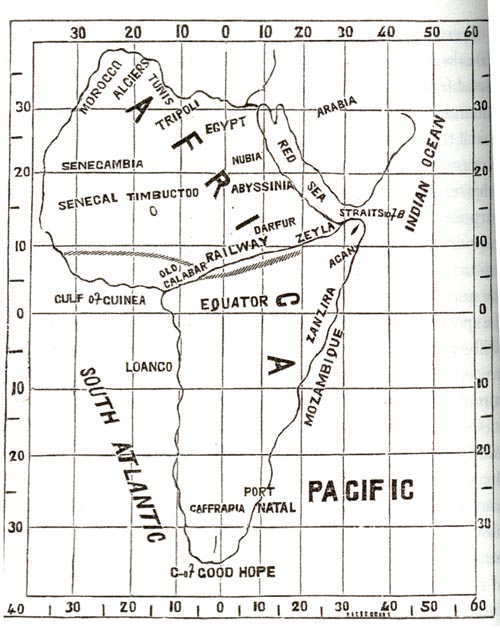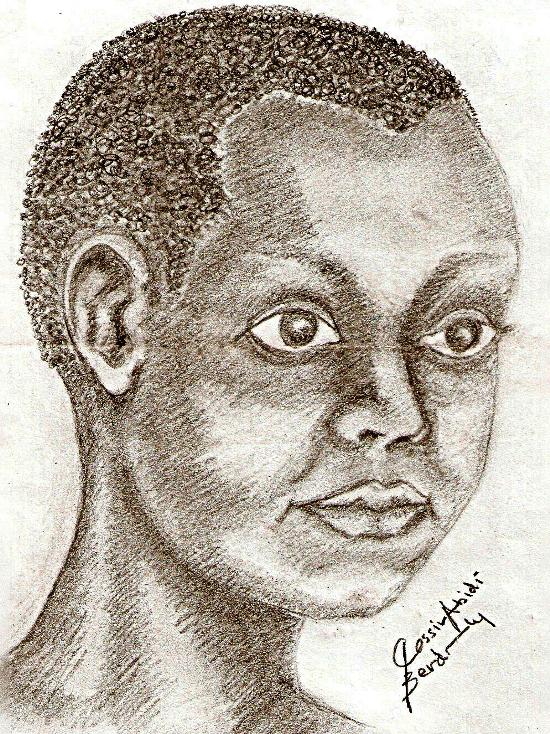This is a story about how a small moment in a trip can deeply enrich your life. Sometimes it takes a while for the parts of your journey to catch up to you.
In June 2023 I stayed in Castle Creavie in Southwest Scotland on a Bald Hiker Retreat. While there I spent a day in Kirkcudbright. Of course I went to the bookstore Gallovidia Books. A woman came in to pick up a book she had ordered, and I got to hear, then be part of a conversation she had with the proprietor.
The book was Selim Aga, A Slave’s Odyssey by James McCarthy. It seems that she is a direct descendant of Selim Aga. I made notes and ordered it as soon as I got home. I enjoy biographies of little known people. I am also interested in the different stories of the British/African experience compared to the American/African experience. (Note, I wish I could have purchased a copy from the store at the time, but he only had the one copy, and I had a very small suitcase. Please purchase your copy thru an independent bookstore. )
I have just finished reading this fascinating book. It is plainly written. There is very little emotion or justifying or wailing about the past. He sites his references in a proper scholarly manner. But he also adds “what we think happened” with strong reasoning for his pointers.
Selim was taken from a remote part of the Sudan as a child. Transported down the Nile, he was sold several times, and ended up being purchased by Robert Thurburn and eventually taken to Scotland where he was educated. And where he begat a son.

Most of his adult life was spent “in service” which is a term that means little to most Americans. It was not upper class, nor working class, nor merchant. Economically one had little choice in what they did, but it often involved living and working at the discretion of a man of wealth and standing. He was a valet, translator, assistant, etc. to men of wealth and power in Scotland, England, and in Africa. And to all accounts he was admired, respected, and trusted.
Besides the description of this variation of slavery, the book has some little seen insights into the Victorian age of “discovery” in Africa. We all know the quote “Dr. Livingstone, I presume?” but how many of us know the context? There was a lot going on in this part of Africa at the time. And a much of the crap happening in that part of the world is a direct reflection on how the British, French, and Americans behaved there at the time.
The last chapter, the Epilogue, and the Appendix were to me the most informative part of the book.
Chapter Thirteen Two Thousand Amazons is about that was happening in that swath of Africa that goes from Ghana to the Sudan. The slave trade to America and to England had been banned. Slave shipping from the British ports outlawed. But slavery continued in non British Africa. Politics was fractured and contentious.
Everything was made so much more complicated by the Repatriation Movement especially from America. This is when Nigeria was created and this repatriation was not always voluntary. So you have a group of people, displaced by a war that was about other people fighting. These people were shipped off to a place where they had a distant DNA relationship to some of the land. But nobody asked the people that were living there at the time. The arrogance of “I’m more modern than them, so I get to be in charge.” Does this sound familiar?
Selim Aga was killed during the Grebo Wars. He was probably killed, or executed depending on who is telling the story.
The Epilogue refers amongst other things to the author’s experience with the Aga descendants in this area where I visited, including the Crevie family. Where I stayed in the area was at Castle Crevie Farms. This is not coincidental.
The Appendix has copies of two of the memoirs from Selim Aga. These can be found online. Besides being relevant to me, my travels, and other odd interests, they are lovely examples of Victorian writing. And well worth the read on their own.


Comments